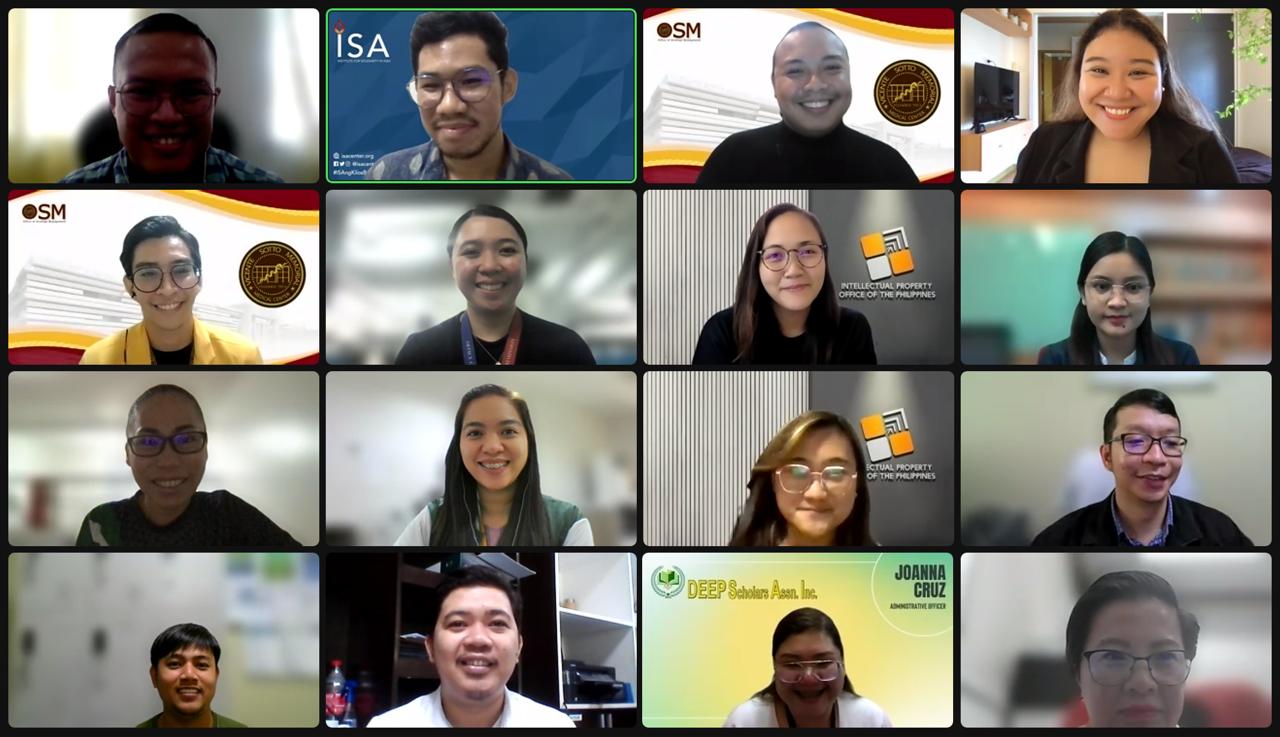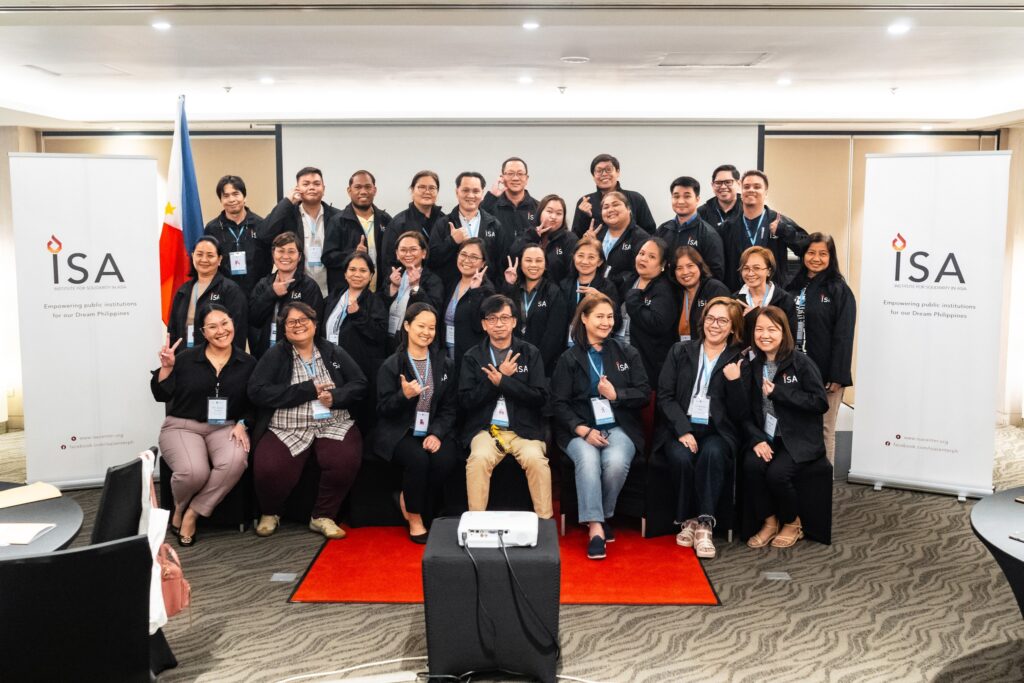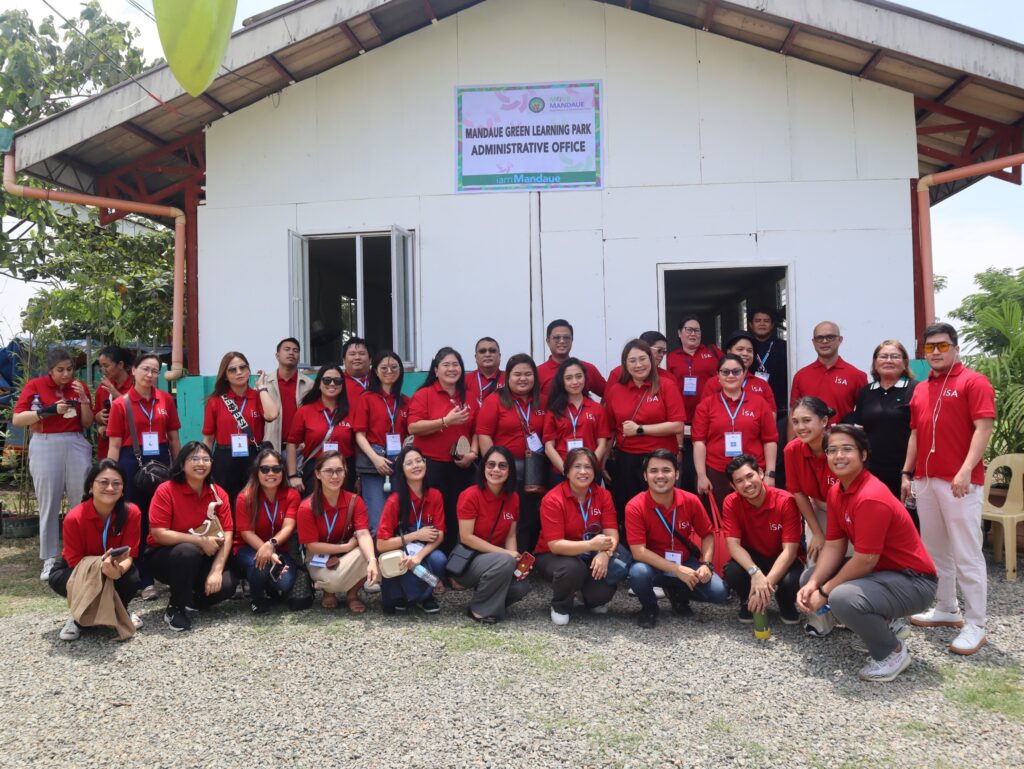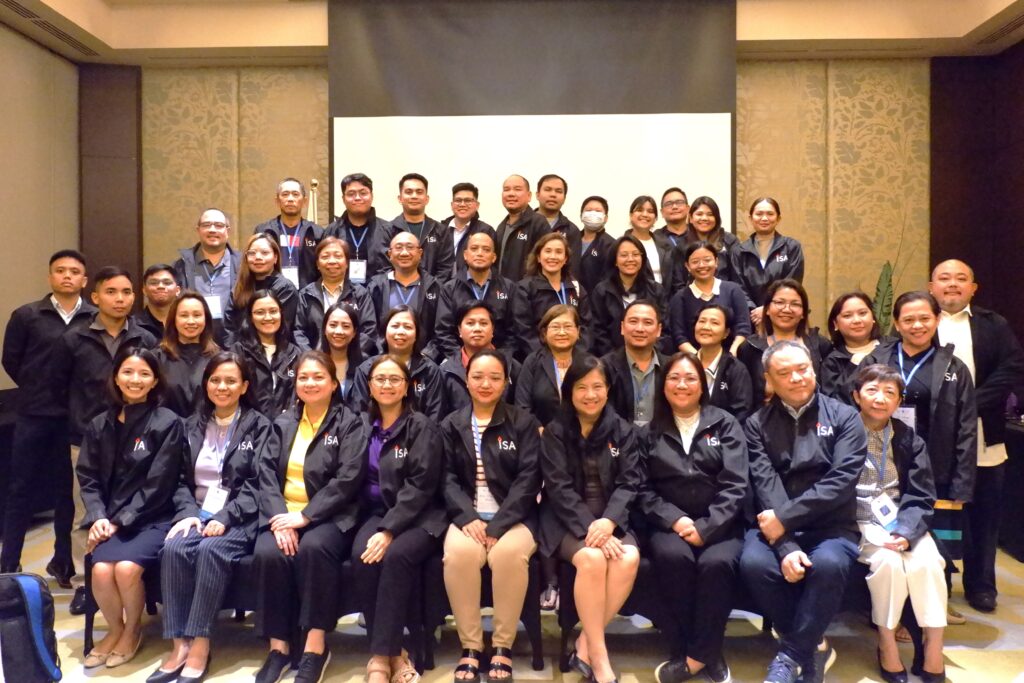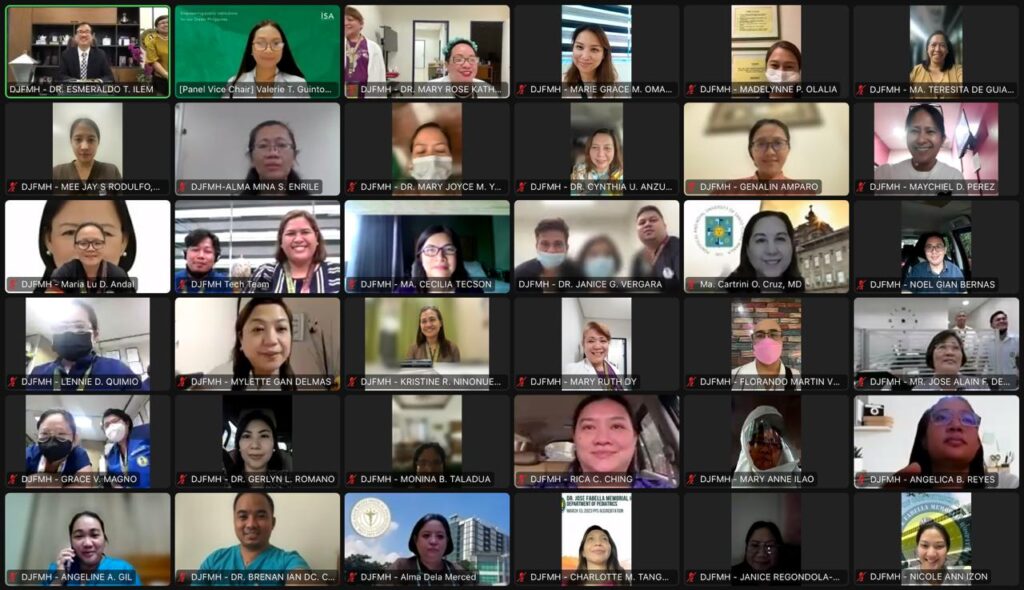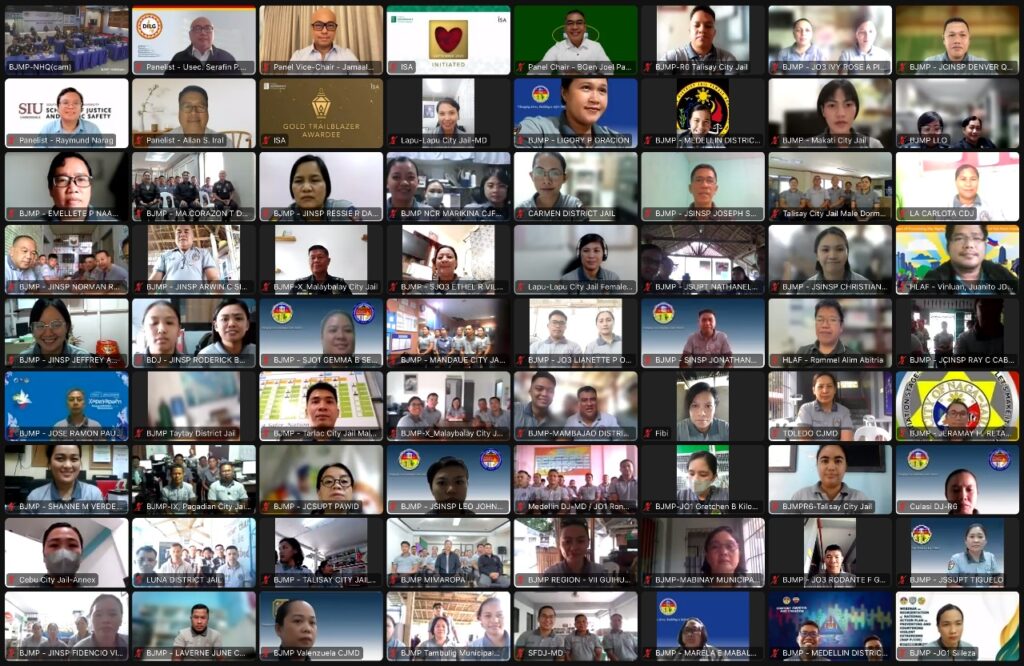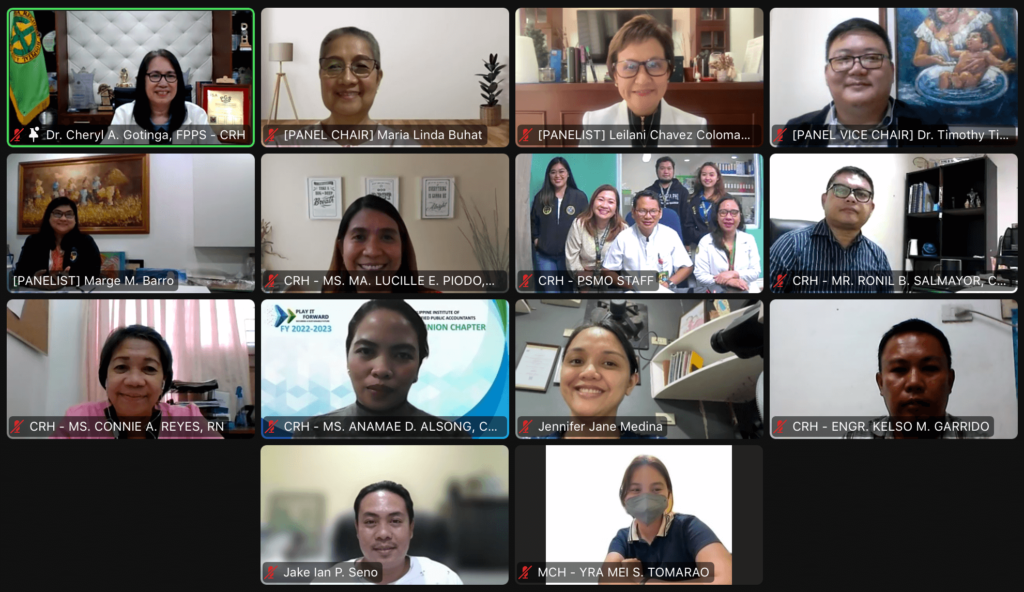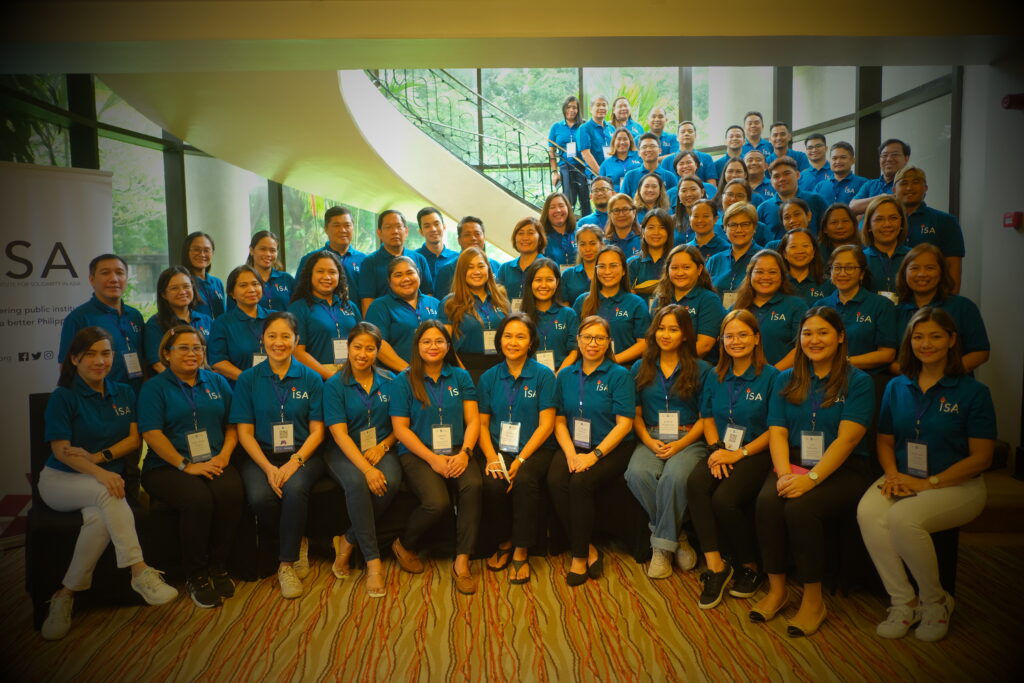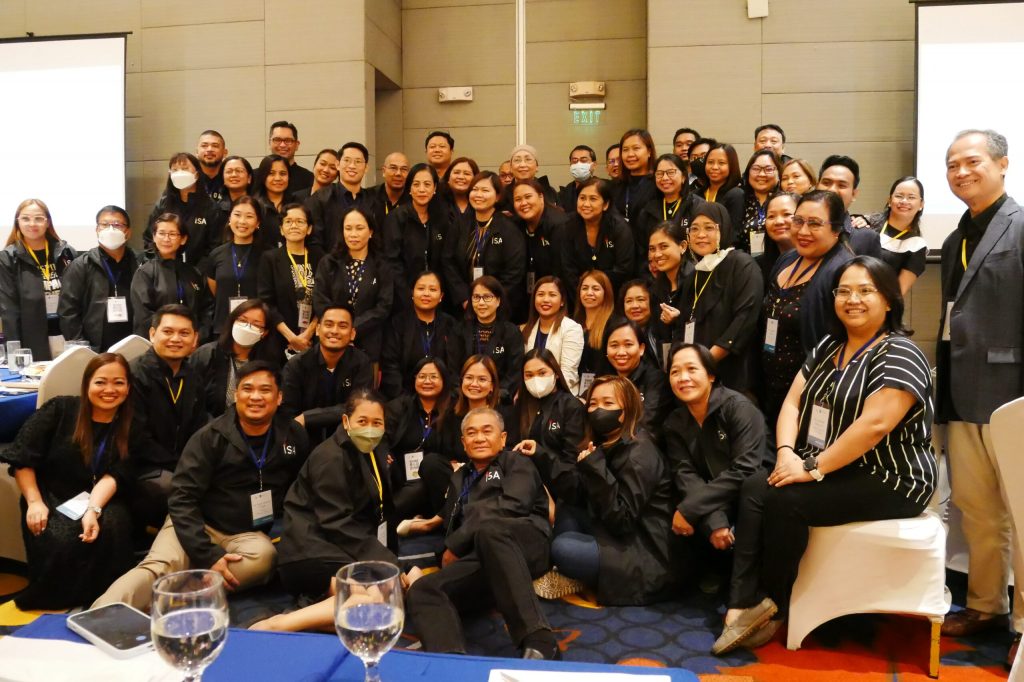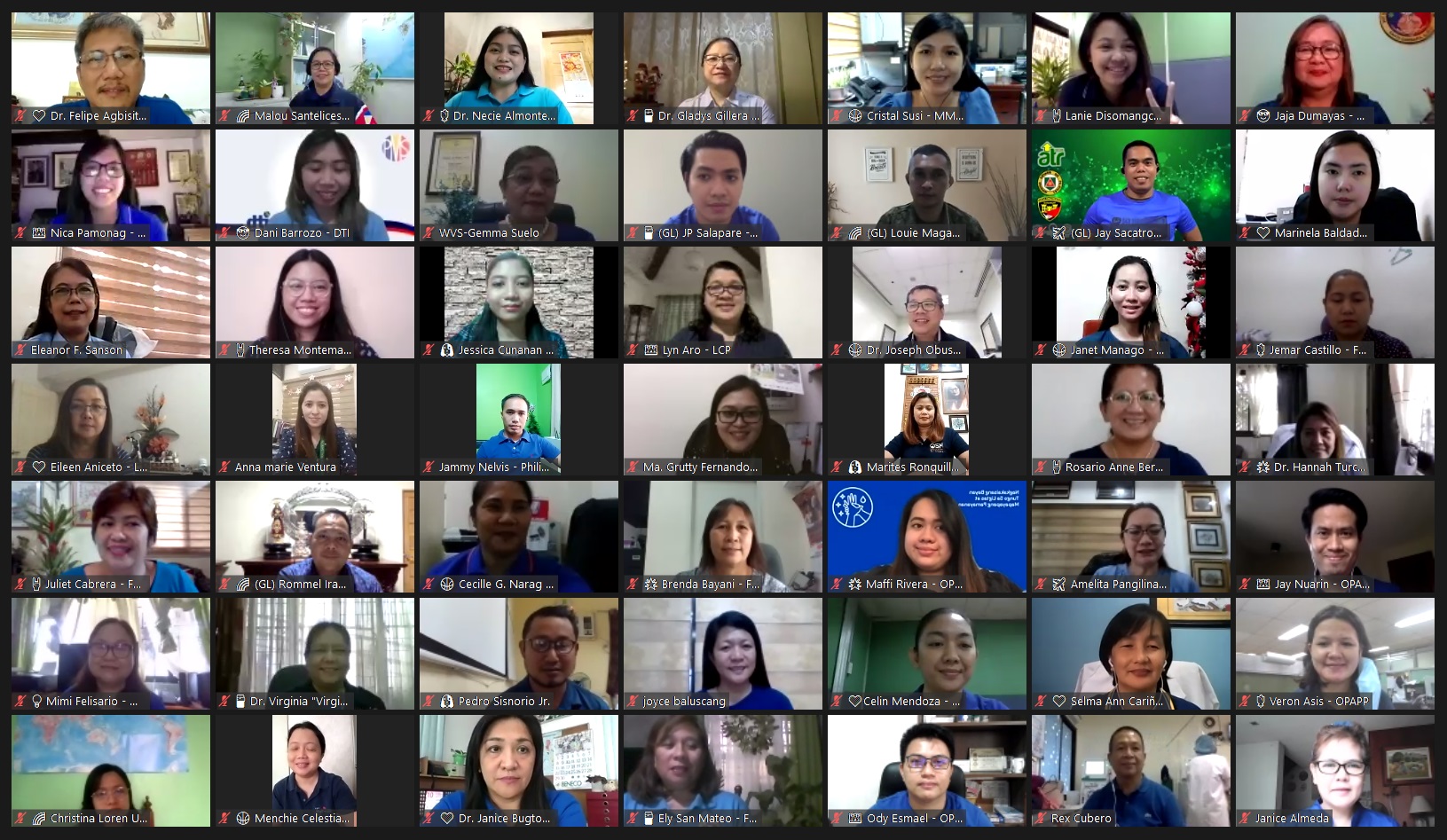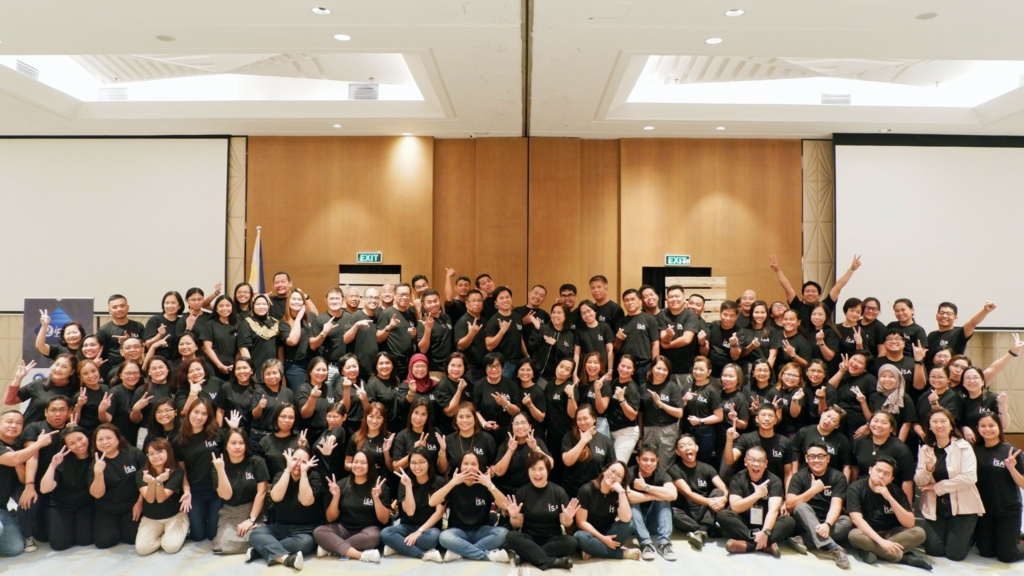With social media deeply ingrained in their culture, Filipinos are inclined to utilize social media as a means to share and explore various content. In their efforts to connect with the general public, the public sector consistently seeks ways to engage with this digital landscape effectively.
Recognizing this, the Institute for Solidarity in Asia’s (ISA) newest Skills Lab course on Creating Public Value through Social Media brought to the fore the potential social media creates in linking branding and building an institution’s identity. The course held was from September 5 to 6, led by Ms. Michiko Gallardo, Director of Maxweb Inc., who guided the 15 attendees from 11 organizations in navigating the realm of social media.
Ms. Gallardo commenced her lecture by sharing some of the renowned and widely-used platforms in the country, namely Facebook, Instagram, TikTok, Twitter (now known as X), and Linkedin, underscoring their crucial role in shaping a brand’s identity and championing its advocacies.
“You have to put your brand on different platforms,” emphasized Ms. Gallardo, stressing the importance of leveraging social media to cultivate and strategize for a specific audience. However, creating a distinct brand and a platform for advocacy requires a well-thought-out strategy and careful navigation through key stages of engagement.
In her discussion, Ms. Gallardo delved deeper into these principles by aligning them with pivotal stages of engagement: Awareness, Consideration, and Conversion. These stages hold great significance in social media marketing as they introduce and address the needs of your audience, connect with those seeking solutions, and ultimately prime prospects to take meaningful action.
During the second day of the course, delegates engaged in a workshop to evaluate their respective social media pages. In this session, Ms. Gallardo shared invaluable insights on enhancing the social media presence of the attendees’ organizations. When asked about the challenges a delegate from a hospital institution encountered in managing their social assets, Ms. Gallardo underscored, “The most critical aspect in branding institutions lies in establishing a systematic process flow across social media and other channels.”
One delegate was concerned that their Facebook pages weren’t effectively engaging their audience. In response, Ms. Gallardo recommended identifying key content pillars: Promotional, Educational, Connection, Entertainment, Inspiration, and Conversations. She added that the frequency and types of posts can significantly impact engagement and emphasized the importance of creating easily digestible content without the need for excessive length. Ms. Gallardo also encouraged them to construct an FAQ list and make the most of their comment section, which serves as a valuable customer service channel.
Meanwhile, for organizations like the Philippine National Police (PNP), who find it challenging to identify their target audiences, Ms. Gallardo suggested conducting an audience analysis and streamlining the automation process available on the platform. Additionally, she urged them to consider how they can become more accessible, cohesive, and relatable to the general public.
“PNP is eyed by the general public as their protector, so they naturally go to your page if they have a concern. It’s disheartening for them when their message is just seenzoned, so in your automated response, provide a hotline for PNP and hotlines for different LGUs just so they’re being replied to,” she said. “You don’t need to assign a real person, but you can optimize this automation process that this platform has.”
As the workshop drew to a close, attendees shared their final outputs, offering a comprehensive audit of their social media platforms and plans for improvement. In her closing remarks, Ms. Gallardo reminded the delegates that whether they pursue careers as content creators and managers or engage as regular users, they must acknowledge the privilege and the weighty responsibility we carry. This responsibility encompasses more than just making valuable contributions; it extends to a commitment to bettering the world, leveraging our influence to shift perspectives and accomplish more than meets the eye.
“We are all communicators. We do not need a degree. We have a certain privilege to voice our thoughts, and that privilege carries significant responsibility,” she said. “Our responsibility equates to putting out value for the common good.”

